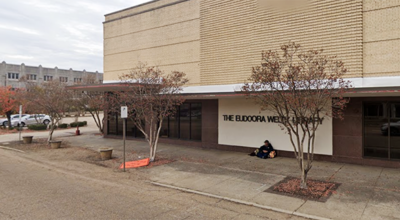Drug company to close Mississippi plant putting 140 out of work
Published 5:56 pm Tuesday, April 23, 2019
A drugmaker is closing a Mississippi Delta plant, laying off 140 people.
Drug distributor AmerisourceBergen said it is consolidating production from its Cleveland PharMEDium plant to other locations to improve efficiency. It filed notice with the state last week, saying employees will be paid through June 17. The plant was once owned by Baxter International and operates from part of the Baxter plant in Cleveland.
PharMEDium mixes drugs in syringes and intravenous bags. Hospitals buy the sterile products from PharMEDium in lieu of making them in-house.
Spokeswoman Francesca Gunning said AmerisourceBergen is giving laid-off workers severance benefits and career counseling. Gunning said workers can apply for AmerisourceBergen positions elsewhere. AmerisourceBergen has an Olive Branch distribution facility.
AmerisourceBergen has been under scrutiny since 2017 over concerns about the sterility of some products made at PharMEDium’s Memphis plant. The company laid off 225 of its 440 workers there in January. AmerisourceBergen leaders have told investors that the business is under federal investigation and that they are in talks with the U.S. Food and Drug Administration and the U.S. Department of Justice over a possible legal settlement related to those problems.
The company shut down production in Memphis and said that production had slowed in Cleveland and at other sites as AmerisourceBergen implemented additional procedures and testing. Without production from the Memphis plant, AmerisourceBergen executives have said PharMEDium can’t make enough money to be profitable.
Since then, company officials have said they have hired a consulting firm to review options for the business, including further investment, reorganization or a sale. It’s unclear if the move in Cleveland is a result of that review. When AmerisourceBergen laid off workers in Memphis, it said it was shifting money from paying workers to solving the unit’s problems.
More News






